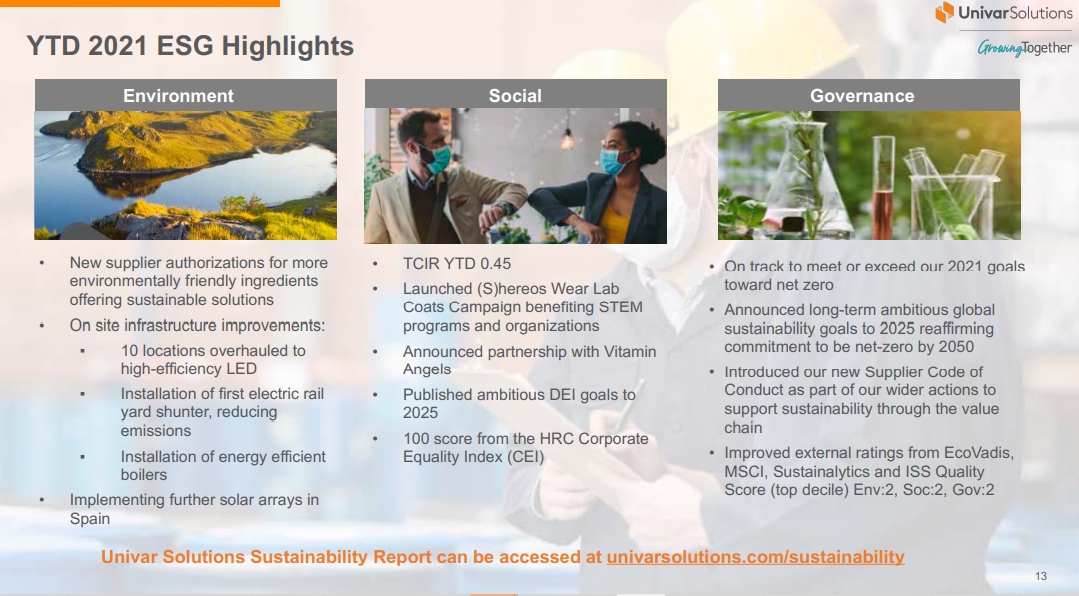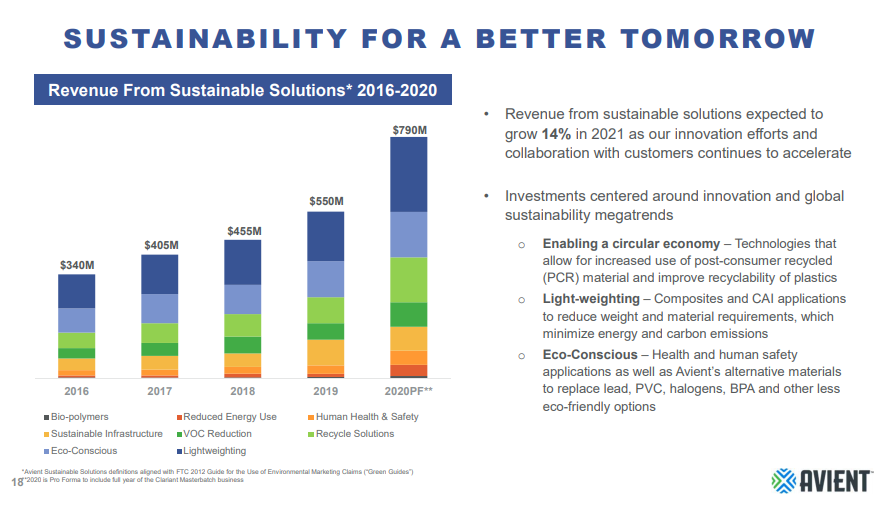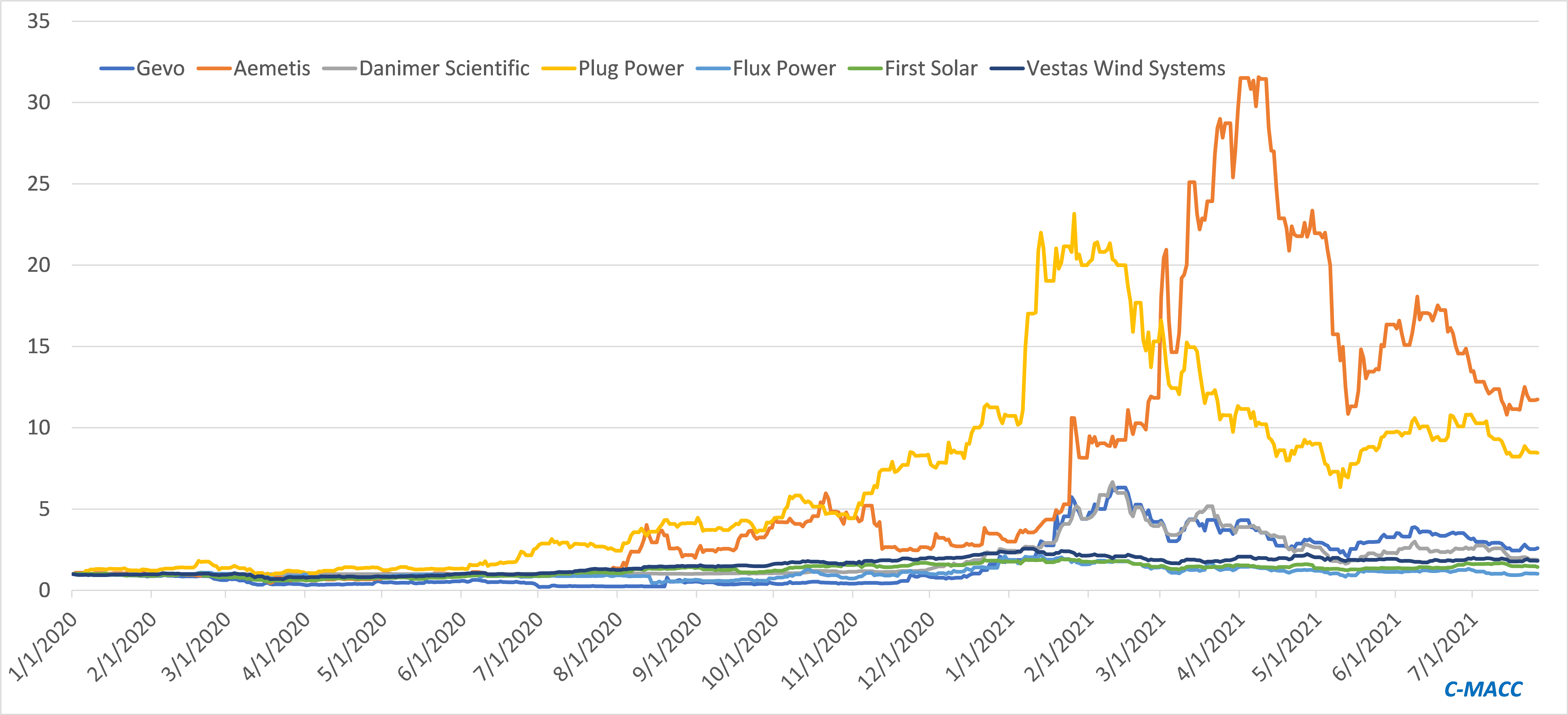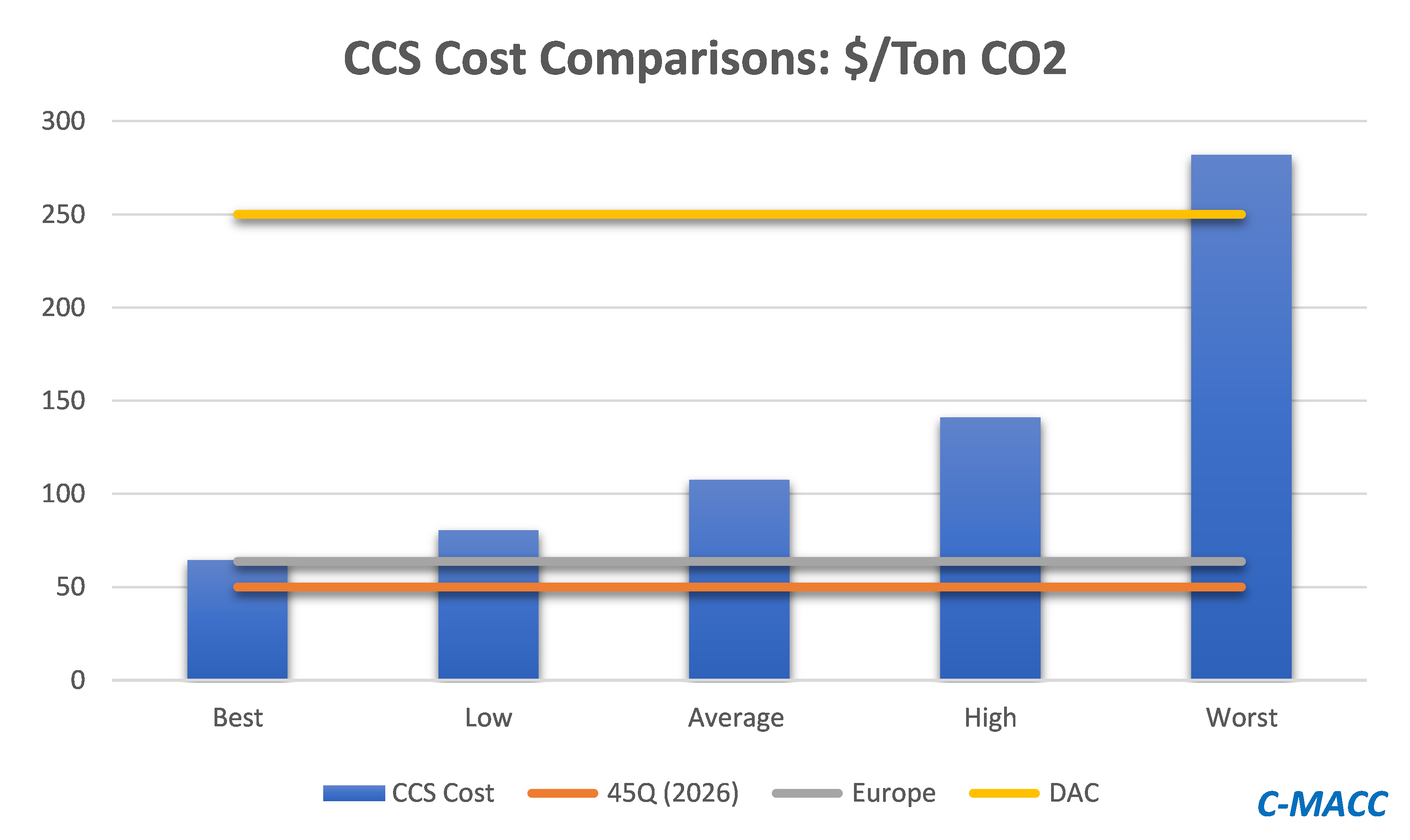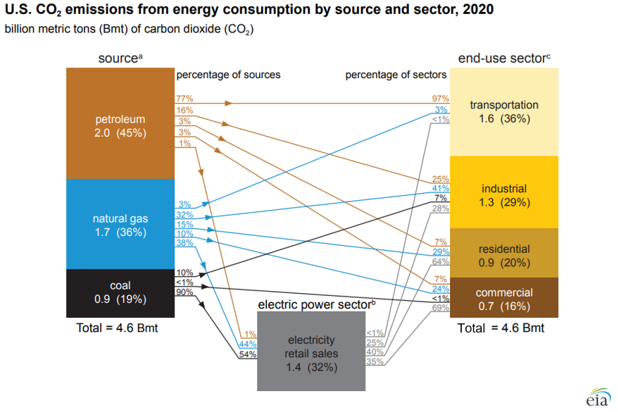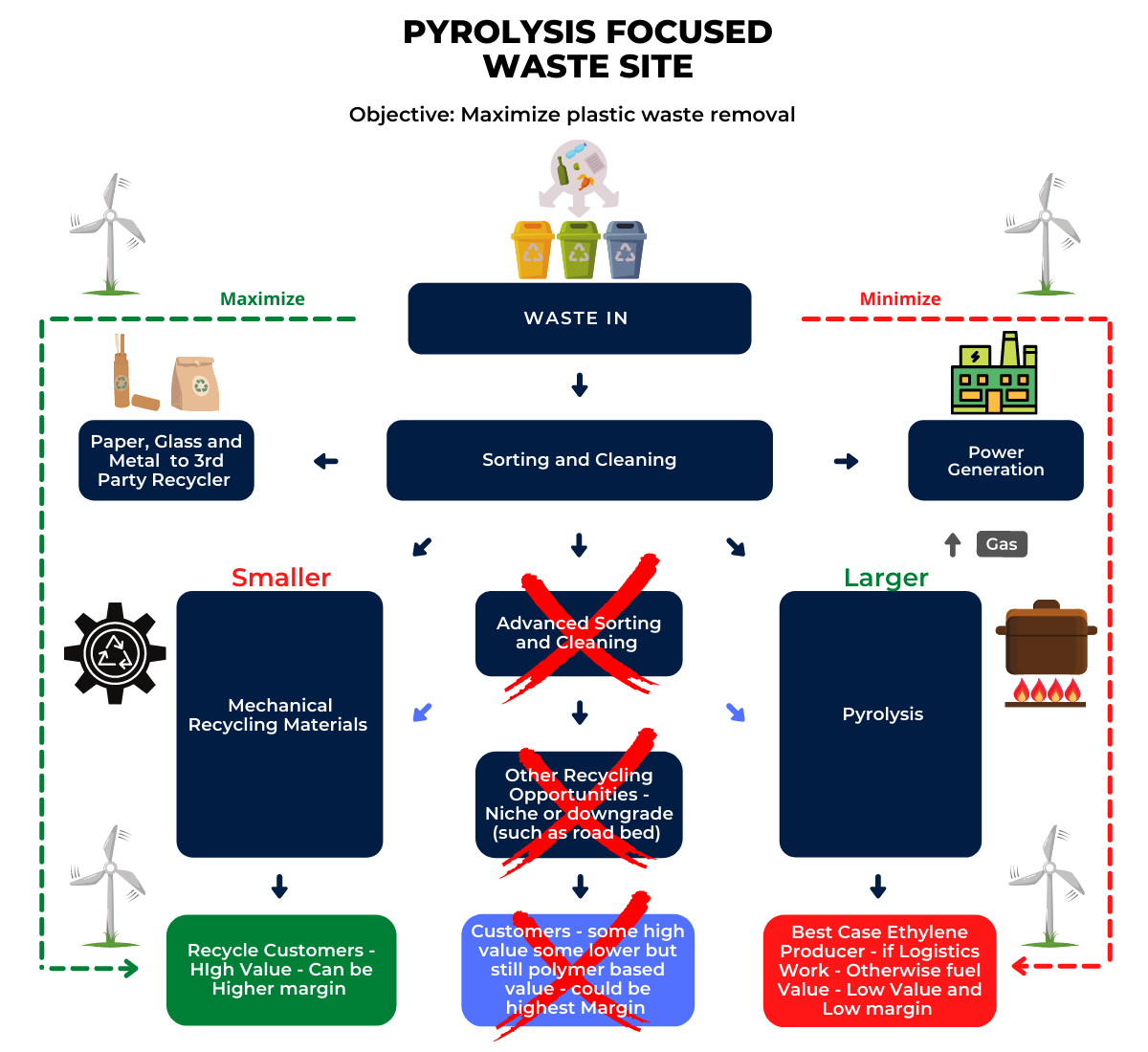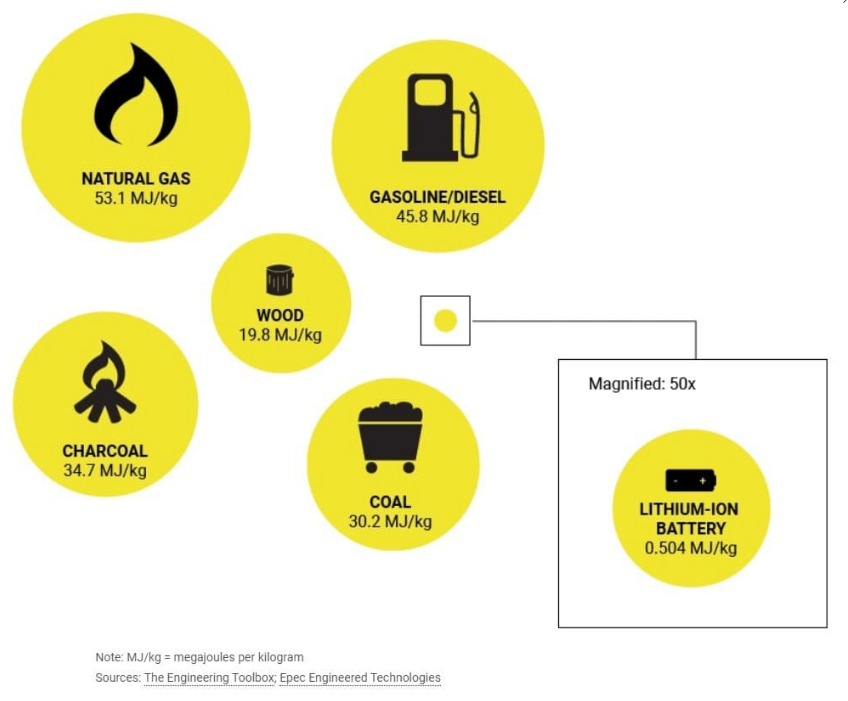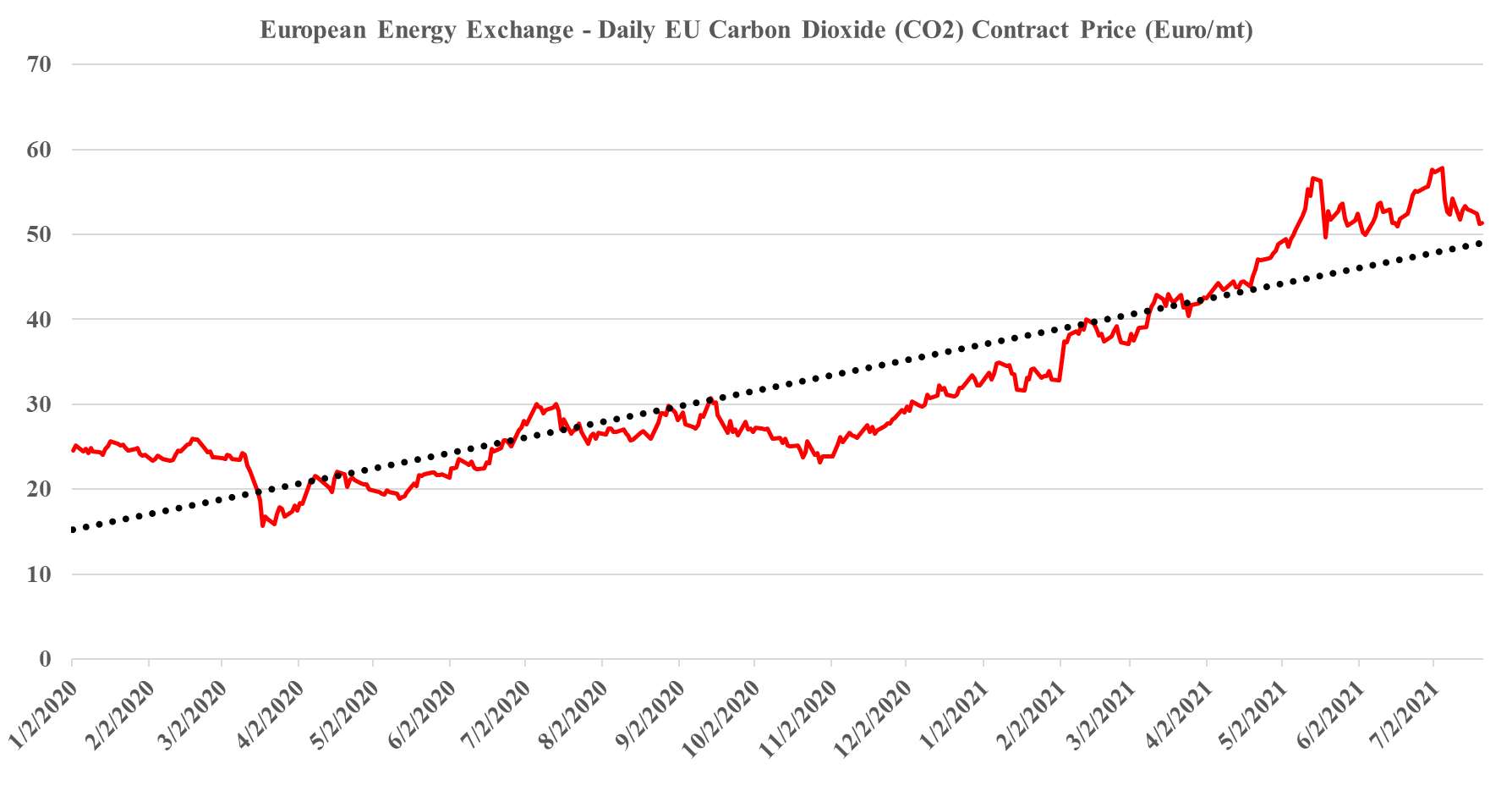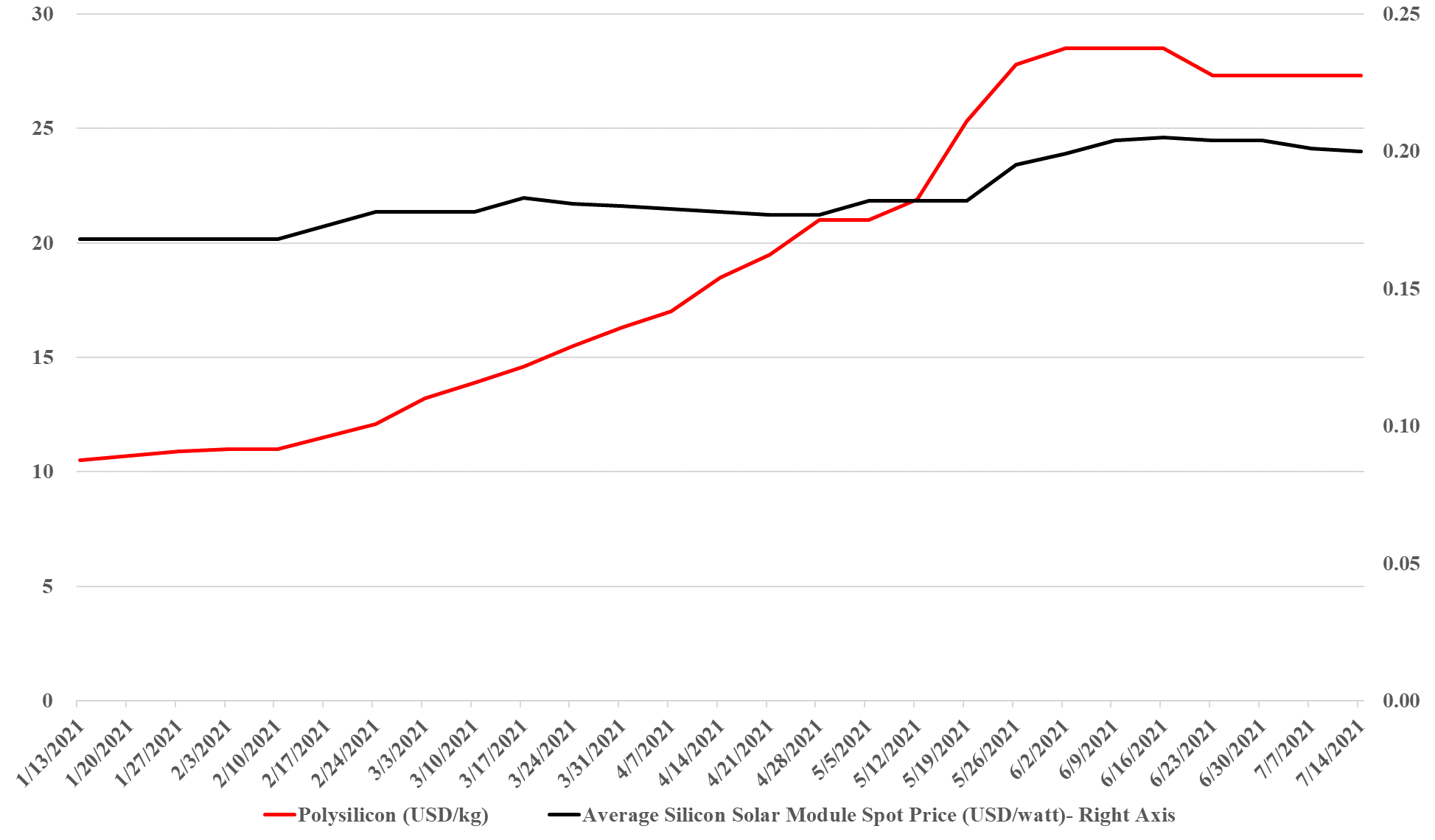As the Univar and Eastman pictures show, it is now becoming almost mandatory to show your ESG badges in your quarterly earnings. The challenge for investors is the interpretation of the data presented. If there is no real consistency to the format, then it will be difficult to compare progress and this is one of the challenges that the SEC hopes to guide on by year-end – something we covered in last week’s ESG and Climate report.
Source: Eastman Chemical 2Q21 Earnings Release Presentation, August 2021
For example, the Univar claim that it has improved external ratings may be a function of better dialogue with the rating companies, or more consistent reporting of data and may not reflect any positive change at the company. Given the complexity of understanding environmental footprints at many of the industrial companies, including chemical manufacturing and distribution, it may not be much of a challenge to persuade any of the ESG rating agencies today that you are doing a better job than they have modeled, as they are unlikely to have the skills and experience to question you.
%20(1).png?width=6000&height=6000&name=New%20C-MACC%20Logo%20-%20Final%20-%20Transparent%20(2000%20%C3%97%202000%20px)%20(1).png)

